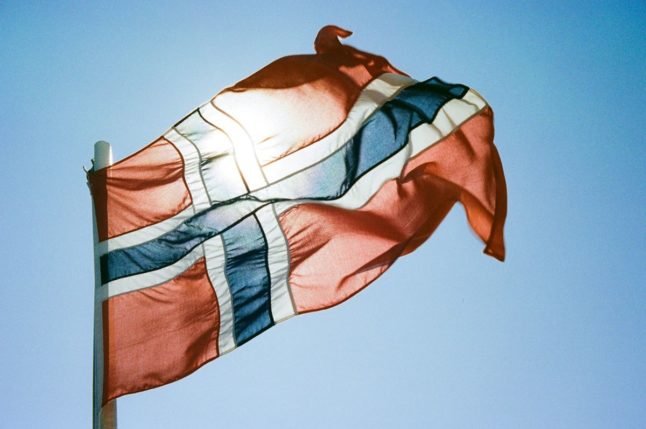Norwegian citizenship has several fantastic benefits, especially if you plan on holding dual citizenship.
However, becoming a fully-fledged citizen is no walk in the park, with some routes being longer and more complex than others.
If you are considering applying, you’ll want to ensure that your application is watertight and that you have a complete understanding of the process to avoid it taking any longer than necessary or having it rejected.
Thinking it will be relatively quick
It can take around 24 months and, in some cases, much longer to be granted Norwegian citizenship.
The process is just as much about patience than money (for the application fee) or logistical mastery. Ultimately, if you go into the process expecting a quick turnaround for a Norwegian passport, you’ll be left frustrated and disappointed.
On the flip side, understanding it’ll be a long road (on top of how many years you’ve lived in Norway) should make the long waiting times somewhat easier to bear.
Some applications are processed automatically so receive decisions much quicker. However, consider this the exception rather than the rule.
Deciding to apply on a whim
No one who comes to Norway starts thinking about their road to citizenship from the moment they step off the plane.
And events can suddenly lead to many people deciding they want to become citizens when they had previously ruled it out, such as when dual citizenship was introduced.
However, after a few years, it might be worth considering whether becoming a Norwegian national is something that will be of interest to you long-term.
This can help you prepare for the process and ensure you meet all the requirements from when you become eligible, rather than meeting the time requirements and scrambling to meet all the other criteria.
READ MORE: Are there any ways to fast-track Norwegian citizenship?
Simply put, scrambling around to check off the criteria last minute will increase the odds of a mistake being made and your application being rejected.
With the process taking so long, ticking off as many requirements as you can early can help you minimise the impact of long-processing times.
However, you will need to check what can be done in advance of formally submitting your applications because, in some cases, there is nothing you can do but wait, such as meeting the residency requirements.
Furthermore, when it comes to the police certificate, you should wait until you have an appointment to submit your paperwork, as the certificate can expir.
Not meeting the required residence time
There are several common reasons why people have their Norwegian citizenship applications rejected.
One of these is not meeting the residence requirements. The residency period most people will need to have spent in Norway will instead be eight out of the last 11 years if you don’t have a sufficient income.
The sufficient income is around three times the minimum figure from the National Insurance Scheme. As of May 2022, it was 111,477 kroner. Therefore, a sufficient income for applications submitted before May 2023 and after May 2022 would be 334,431 kroner.
Those with a spouse or partner in Norway can apply after five out of ten years in Norway, provided their combined time living in Norway and in a relationship is more than seven years. Time living abroad can count towards this total.
Researchers and those with Nordic citizenship are also eligible for citizenship quicker too.
Other reasons citizenship is rejected are criminal offences without the disqualification period being served. This is in addition to failing to meet the language requirements or passing the Norwegian citizenship and social studies tests.
READ MORE: Why your Norwegian citizenship application might be rejected and how to avoid it
Having an expired passport
All the focus on the new Norwegian passport might actually lead to you needing to remember to keep your current passport up to date.
To qualify for Norwegian citizenship, you will need to present a valid form of identity, such as a passport.
Expired passports are considered expired, so you will actually see your application knocked back even if everything else is in order.



 Please whitelist us to continue reading.
Please whitelist us to continue reading.
Member comments